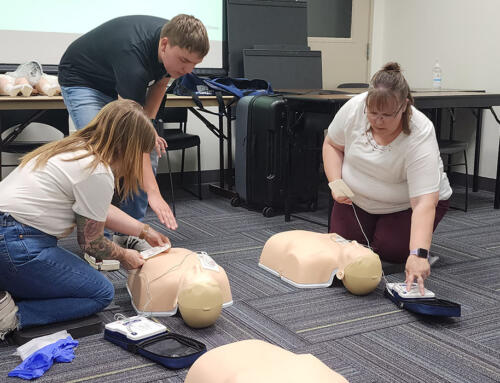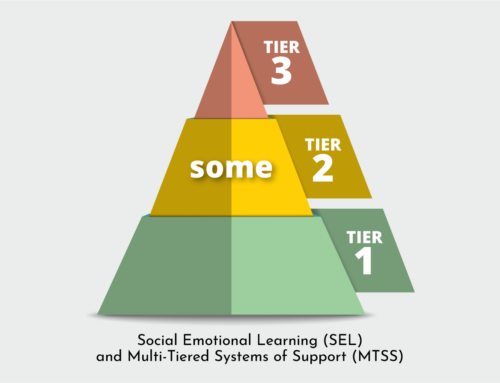October 10 marks World Mental Health Day, a day observed to spread mental health awareness and remove attached social stigmas. Mental disorders affect nearly 12% of the world’s population — meaning about 450 million will experience a mental illness that would benefit from diagnosis and treatment.
You don’t need to be in the midst of a mental health crisis or even diagnosed with a mental health disorder to put work into your mental health. Whatever state your mental health may be in, here are nine things that have shown to improve mental health.
1. Express gratitude
Gratitude has been linked with improved well-being and happiness, according to Psychology Today. Regular expression of gratitude can lower stress levels and improve your immune system.
2. Value and make time for yourself
Research has shown how you think about yourself can have a powerful effect on how you feel, says Psychology Today. Treat yourself with kindness and respect and avoid self-criticism. Make time for your hobbies or leisurely activities — go see a movie, read a book, watch the sunset, talk with a friend, take a walk on the beach — no matter the season!
3. Take care of your body
This can include eating healthy, drinking plenty of water, exercising and getting enough sleep.
4. Do something nice for someone else
Research found people who regularly do nice things for other people — such as holding a door open or giving a compliment — experienced reduced anxiety, an increase in mood and a decrease in social avoidance, says the National Alliance on Mental Health. Being helpful and kind to others can help build self-esteem as well.
5. Sit up straight
A study published in the journal Health Psychology found sitting in a slumped position makes you feel more sluggish, fearful, quiet and hostile than sitting up straight, which elicits more happy and powerful emotions. Similarly, another study has found that by walking tall with your head held high and shoulders back, you are more likely to experience good moods. If you walk with your shoulders slouched, you’re more likely to focus on negatives rather than positives.
6. Stop multitasking
While it might feel efficient, multitasking has been shown to make us more stressed. Take time to focus on one thing you’re doing and live in the moment.
7. Surround yourself with good, positive people
In general, people with strong family or social connections are healthier than those who lack a support network. Make plans with supportive family members or friends or seek out activities where you can meet new people.
8. Take time off from your digital devices
Although digital devices and social media have created positive ways for people to connect with each other across the globe, they have also been linked with many serious issues. Some ways you can take time out from digital devices include committing to a screen-free bedroom, avoiding your phone when you need to focus on a task, or asking yourself if being on your phone is what you really want to be doing now.
9. Get help when you need it
If you or someone you know is struggling with mental illness and may need support, contact the National Alliance on Mental Illness at 1-800-950-NAMI (6264) or the Substance Abuse and Mental Health Services Administration at 1-800-662-HELP (4357).





 ESD 112 equalizes educational opportunities for learning communities through innovative partnerships, responsive leadership, and exceptional programs.
ESD 112 equalizes educational opportunities for learning communities through innovative partnerships, responsive leadership, and exceptional programs.